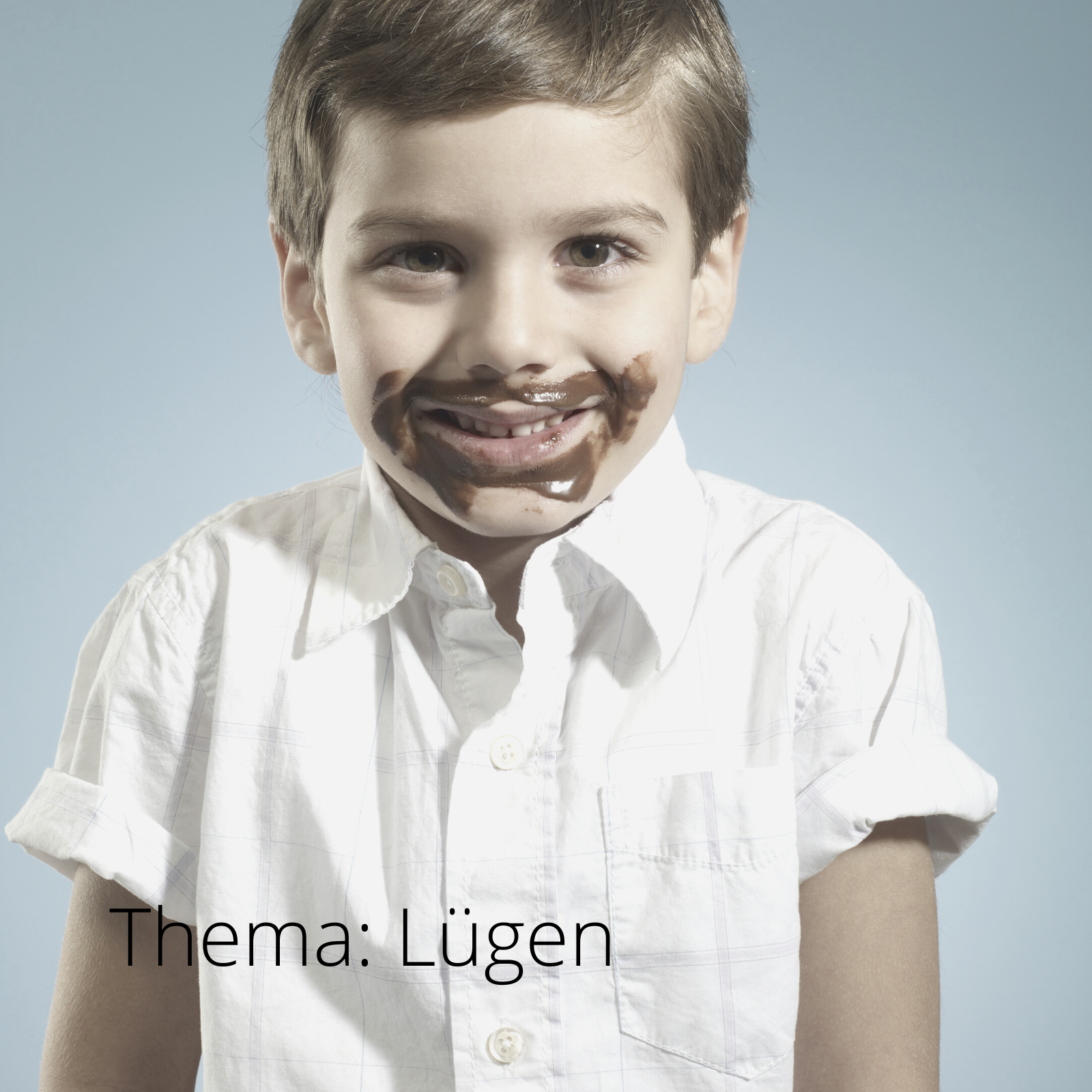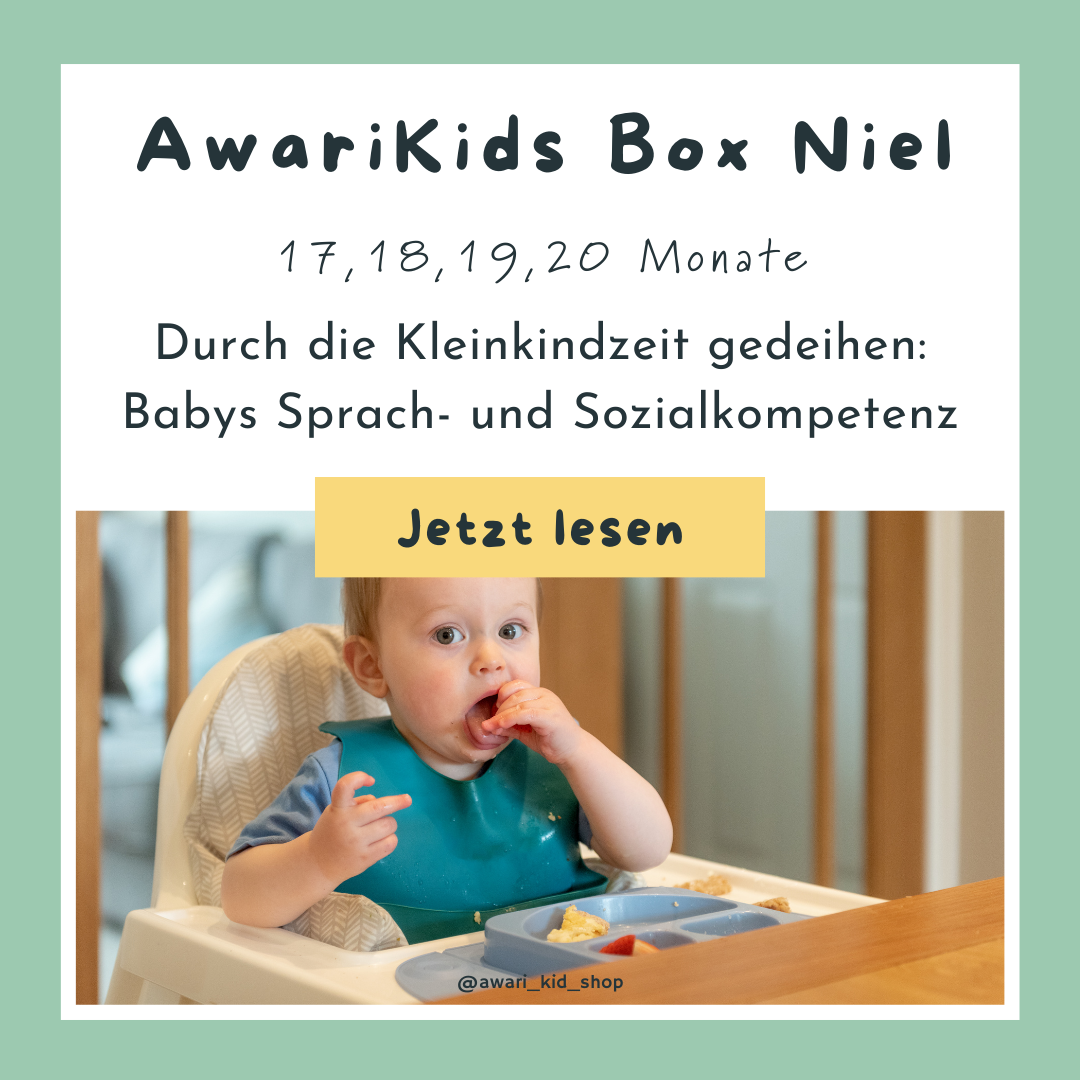lies and swindles
"Children's mouths tell the truth" this proverb is no coincidence. Because children under the age of three are usually not able to lie at all, as they lack both the cognitive skills and usually the language skills to do so. The older the children get, the sooner or later lying/fibbing usually becomes an issue. And that is quite normal, because lying is also part of child development. In this article we want to take a closer look at why and how children lie and how you can deal with it.
At the age of about three years to about five yearsChildren dizzy for the first time when they are about three years old. However, they are often not even aware that they are lying, because children are in the magic phase at this age. This is where reality can merge with fantasy. During this time, children find it difficult to distinguish between what is their imagination and what is actually happening. Their reality is often not congruent with that of their environment. That is why there is no malicious intention behind the lies, but the statement corresponds to the reality of the children.
Here it is important that you do not expose your child and possibly allow consequences to follow. It is important to find out or clarify the truth. However, you should proceed calmly and cautiously and respond to your child and his or her perception.
From about five years
At this age, the awareness of what is true and what is untrue slowly matures. Children can now empathize with other people and perceive when someone else is not in the picture about something. They learn (unfortunately) that if they don't tell the truth, it can pay them off in order to avoid possible unpleasant consequences. It's also fun for kids this age to test who they can fool. So if your child tells you wild stories, such as that Mr. Crocodile visited kindergarten today, then you don't have to worry about it. Because such fibs are harmless. However, most lies are far more complex and there is usually a different motivation behind them.
Therefore, always try to find out why your child lied, what the motive is behind it. Because very importantly, children do not lie because they are generally evil. Most of the time there is a fear of a consequence or an unfulfilled wish behind it. In order to lie, children need a lot of skills, they have to be creative, have the language skills and also the cognitive skills.
There are different kinds of lies
The braggart lie:"I've been able to do that for a long time and I'm also the fastest cyclist in the world!" Feeling inferior or underappreciated at the moment They lie to gain recognition and attention.
The avoidance lie:
"I didn't knock over the vase, someone else did!". Children usually use the so-called avoidance lies when they expect unpleasant consequences and want to avoid them.
The loyalty lie:Children often cover for each other. What is nice in itself is that children show loyalty to their friends/siblings.
The polite lie:
This type of lie is used less often by children, but more often by adults. Children often copy this lie from us adults, they see through this type of lie very quickly. Again, your child learns from you. The next time you tell a polite lie, you should consider whether it is really necessary and whether your child is within earshot ;)
Here are a few tips and suggestions on how you can act in an acute situation and what you can do in everyday life so that lies and fraud do not get the upper hand.
You can do that in an acute situation
Clarify the situation privately
If your child has lied, work it out with them alone. Never embarrass your child in front of other children/adults. This would be a great humiliation for your child and would only cause shame and guilt.
Let your child speak the truth on their own
If you find that your child is lying, give him the opportunity to revise or correct his statement. This is how you give your child the chance to act independently.
Do not punish lying, but derive consequences from it
If you have caught your child in a lie, do not punish the behavior, but derive a consequence from the lie that is understandable for your child. For example, your child lied about brushing their teeth. Explain to him that you now have to brush your teeth afterwards and that the time it takes will be deducted from the reading time.
Avoid titles like "you liar"
Don't call your child a liar, as you are criticizing your child's entire personality. Instead, say, "I don't like it when you lie." You're only criticizing the current behavior.
You can do that in everyday life
Create a basis of trustShow your child that they can trust you. For example, if they break something, your child expects trouble. That's why it lies. In such situations, it is important that you make it clear to your child that they can tell you anything. And that they can be honest with you and not get in trouble for it. As a result, your child will be more likely to tell you the truth in similar situations below.
Praise your child when they tell you the truthIf your child has answered questions you have honestly, emphasize that, "Thank you for telling me the truth." The more you value your child's honesty, the less often they will lie.
Lead by example
If you are authentic and sincere, your child will notice and learn from you. If you are prone to exaggerating or embellishing the truth, your child is more likely to imitate it. As long as you are authentic and honest and treat your child that way, your child will learn to be truthful.
Explain to your child that the truth carries fewer consequences than a lie. Teach him that he doesn't have to be afraid to tell the truth. Also explain to him that lying can harm and hurt other people. Give your child a sense that lying is inherently a bad thing.
It must feel very strange to you when your child lies. But remember, just because your child doesn't tell the truth doesn't say anything about your child's character. Lying and cheating are also part of child development and that's why you shouldn't worry too much if your child tries to fool you into thinking that they definitely didn't eat the chocolate pudding ;)



